Sutanuka reviews Sunil Sharma’s book, highlighting humanity’s environmental impact and poetry’s role in raising awareness, emphasising the need for a shift in perspective, an exclusive Different Truths.

Sunil Sharma is currently a Toronto-based academic. critic, literary editor, and author with 27 published books: Seven collections of poetry; five of short fiction; one novel; a critical study of the novel, and co-edited 10 anthologies on prose, poetry, and criticism, and two joint poetry collections and one short story collection. He is, among others, the winner of the Golden Globe Award for 2023, and the Nissim International Prize for Excellence in English Literature (Prose) for 2022 for his political novel Minotaur. His poems were included in the prestigious UN project: Happiness: The Delight-Tree: An Anthology of Contemporary International Poetry, 2015.
With each passing day, the earth’s end is drawing near and we are solely responsible for it. The Arctic is melting, and there is degradation of the ice cover in the Hindu Kush-Karakorum Himalayan belt. The Amazon is burning. We are consistently misusing the earth’s reserves of fossil fuel. dribbling toxins into the soil and pouring effluents into the water, poisoning the air, tattering the ozone layer and confirming the rapid destruction of homes for a wide range of species, accelerating the release of greenhouse gases.
The poems here try to capture the sounds, colours and smells of a rich canvas created by the magical forces…
Sharma in the foreword to the collection under review writes, “In such an alarming context, the role of committed poets, writers, journalists, and activists, in the vanguard of protest against crass capitalistic exploitation of limited natural resources in the name of progress and development becomes crucial and aims to raise consciousness. The poems here try to capture the sounds, colours and smells of a rich canvas created by the magical forces with their lessons and wisdom for their followers. I hope these simple verbal pictures find resonance with the alert readers and believers of Eco-criticism and Eco-poetry”.
“The child’s smile/The child in a pram/beams/at the cars, folding/unfolding/closed fingers/of tiny hands with/unformed lines. /Pools of light/ spilling into grassy lots along Cottrell Boulevard, the spirits hover near/the hedges; /masculine wind/unleashes/the fury/of the denied, /shakes up trees and slates”. This is a wake-up call to the next generation to save the earth from extinction. A leap from a pram to a car—the journey from innocence to maturity is captured with all its nuances. The baby steps that we take towards ravishing the earth are not what the poet expects, rather than hopes, that today’s child, tomorrow’s responsible citizen, should take proper care of the earth.
We are ravishing the earth and ensuring that it dies an early death.
“The gusty winds kicked in the evidence of human negligence, in its sweeping train, on a stormy day, the empty cans and plastic bags stuck on the branches/of trees, along the boulevards/hardly any leaf/left/on the/sidewalks/by the same wind”. We consider ourselves to be the rightful owners of the earth; in reality, we are its unruly tenants. We are ravishing the earth and ensuring that it dies an early death. One can almost hear the decibels of being destroyed. “Climate change poses a powerful challenge to what is perhaps the single most important political conception of the modern era: the idea of freedom, which is central not only to contemporary politics but also to the humanities, the arts, and literature” — Amitav Ghosh, The Great Derangement: Climate Change and the Unthinkable. It’s high time that we recalibrate and see the world with a new lens.
The poet embraces his pagan soul to find solace in nature in Toronto. “William Wordsworth shows the way in the New Millennium, like a true teacher. I have found him on such long walks and other masters as well, as our sacred companions, and come to appreciate their everlasting visions. Sometimes Going “pagan” is a better route to understanding ancient wisdom. In Mumbai, nature was also my muse. I was affected by the changing seasons and celebrated monsoons, winters, and summers there. Here, in Canada, nature is abundant—wild or preserved. You are surrounded by rolling scenery that delights and uplifts.” The poem “A spectacle that opens an inner eye,” muses on the immensity of the sky/hypnotic! A majestic arc/over/deep-blue swells of the lakes and ponds! An infinity of light blue/stretches over/jagged skylines/of/Toronto, vertical/like other megacities. “In this new poetry collection, Sunil Sharma aptly describes the intersection where two worlds converge as the majestic wonders of nature become artificially entwined ever more tightly with modern civilization,” writes Scott Thomas Outlar in the blurb. The poet finds meaning in the changing colours of the earth.
There is a rich assemblage of abstract forms and images; the hued light scheme with touches of blue and yellow…
What trees tell the mortals and other songs speak the language of suggestion for restoring the earth’s bounty, signalling nature’s plenty through minimal words. There is a rich assemblage of abstract forms and images, the hued light scheme with touches of blue and yellow, and the haunting, soulful landscape of Canada allows abundant freedom for meaning-making in the manner of poetry a high order. The slim volume is steeped in Wordsworth’s philosophical understanding of the human condition and thus Wordsworthian philosophy is foundational to the volume’s ideological structure. What trees tell the mortals and other songs are an important addition to the overall oeuvre of Eco-poetry.
Reviewer-sourced cover image

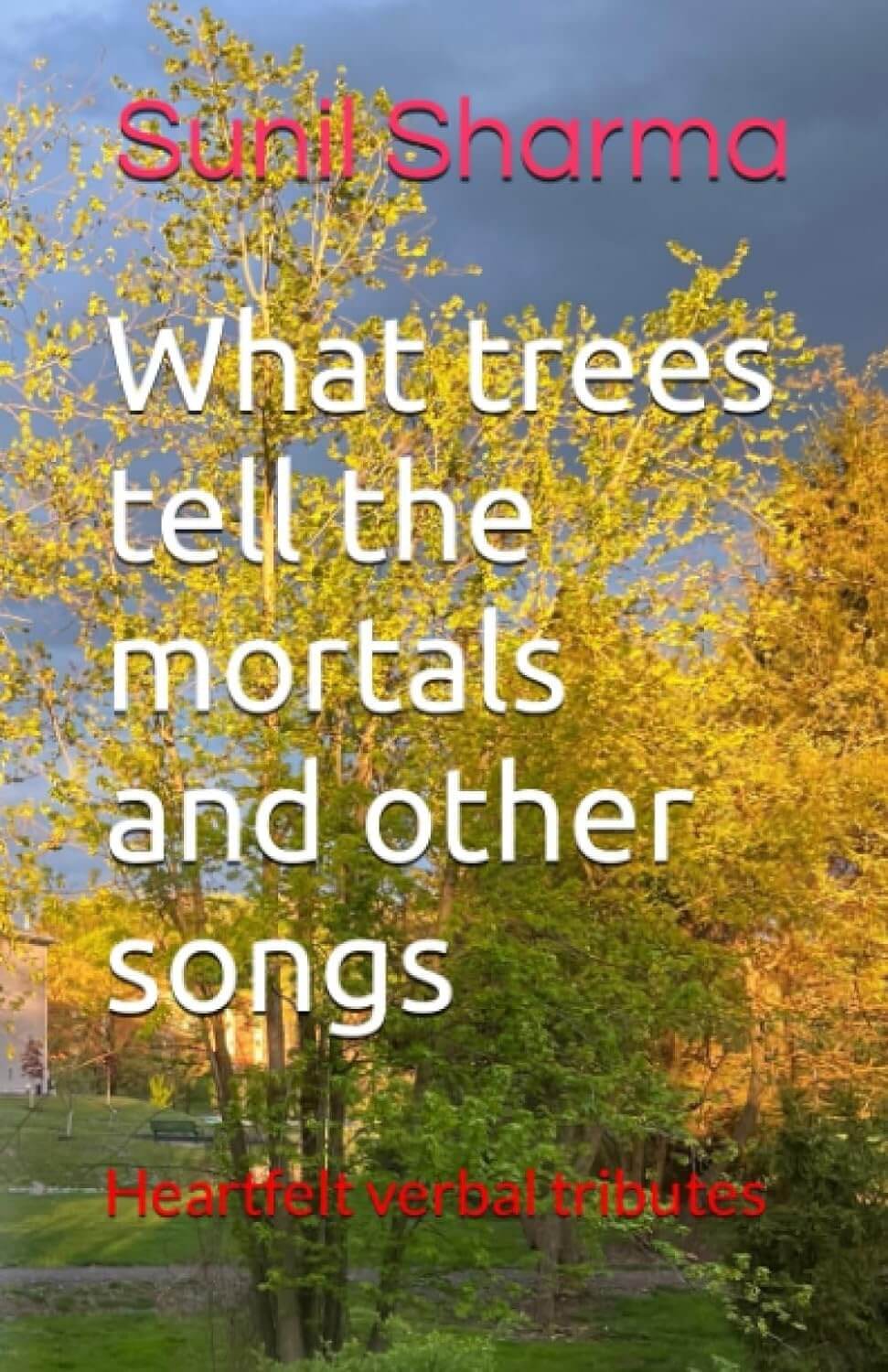



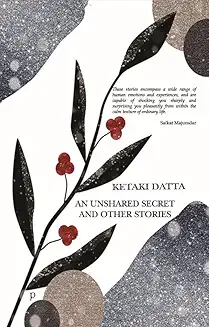
 By
By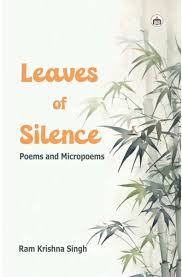
 By
By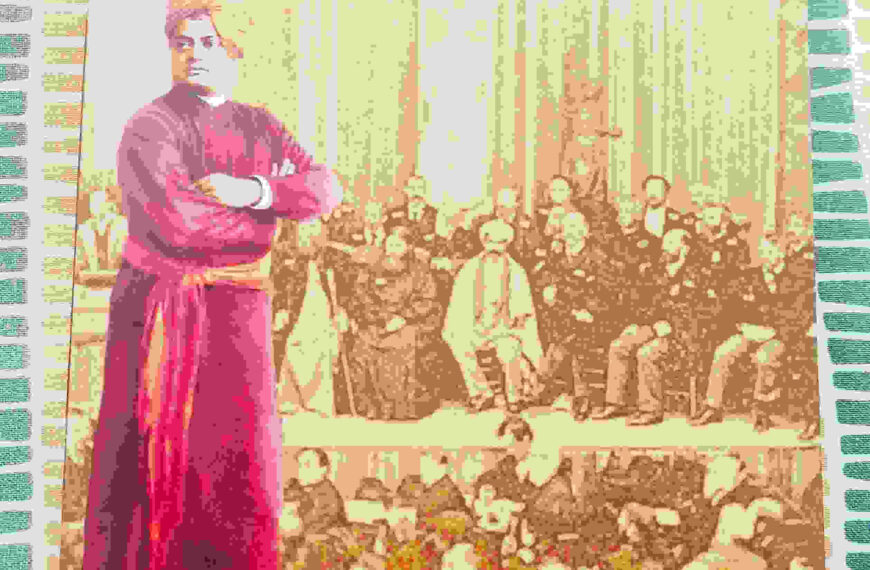
 By
By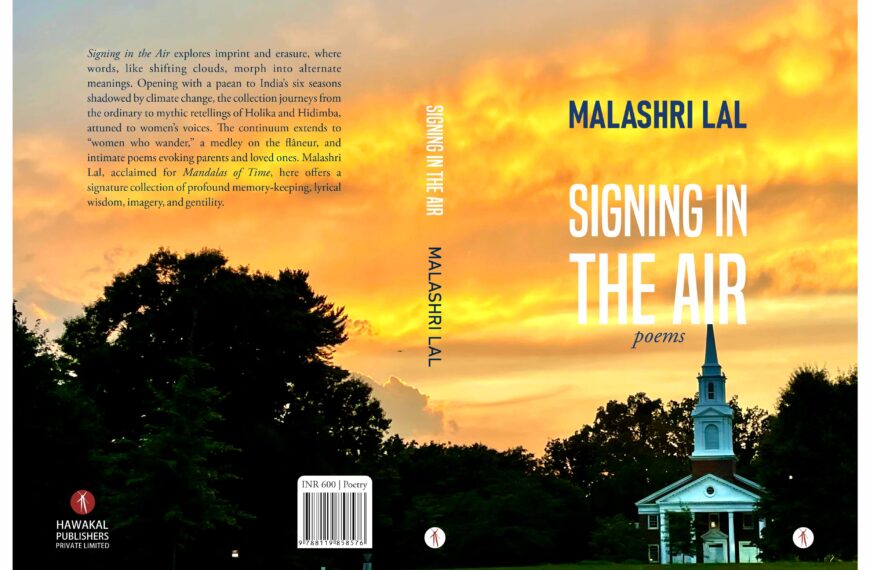
 By
By